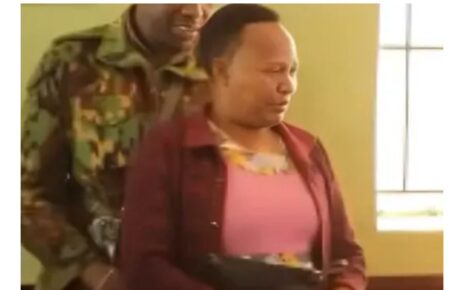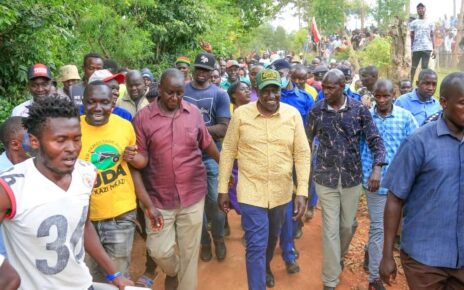South Sudan has been thrown into political turmoil after Justice Minister Joseph Geng Akech confirmed that Vice-President Riek Machar has been formally charged with murder, treason, and crimes against humanity.
The charges stem from a deadly March assault in Nasir, where the White Army militia — a group largely made up of Machar’s Nuer ethnic supporters — attacked an army base. At least 250 soldiers and a general were killed, while a UN helicopter was struck, leaving its pilot dead.
In response, government troops and tanks have sealed off the roads leading to Machar’s Juba residence, where he is now being held under house arrest.
Machar is not alone in the dock. Seven of his top allies, including Petroleum Minister Puot Kang Chol and Army Deputy Chief of Staff Lt. Gen. Gabriel Duop Lam, are also facing prosecution. Thirteen other suspects remain at large.
Justice Minister Akech insisted that no amount of political influence would shield those responsible for atrocities.
“This case sends a clear message that anyone responsible for atrocities will be held to account, regardless of their rank or influence,” he declared.
The move marks yet another dramatic chapter in Machar’s controversial political career. He previously commanded rebel forces in the bloody civil war against President Salva Kiir, a conflict that lasted five years and claimed nearly 400,000 lives before a peace deal was signed in 2018.
Although South Sudan’s independence in 2011 was celebrated as a triumph, the nation has since endured recurring cycles of ethnic violence, mistrust, and power struggles. Analysts now warn that the prosecution of Machar could destabilize the fragile peace and trigger fresh unrest across the young nation.



